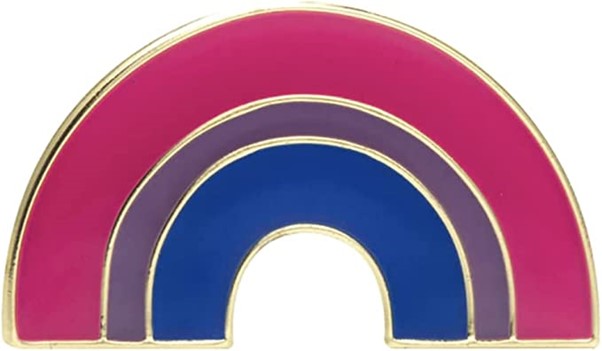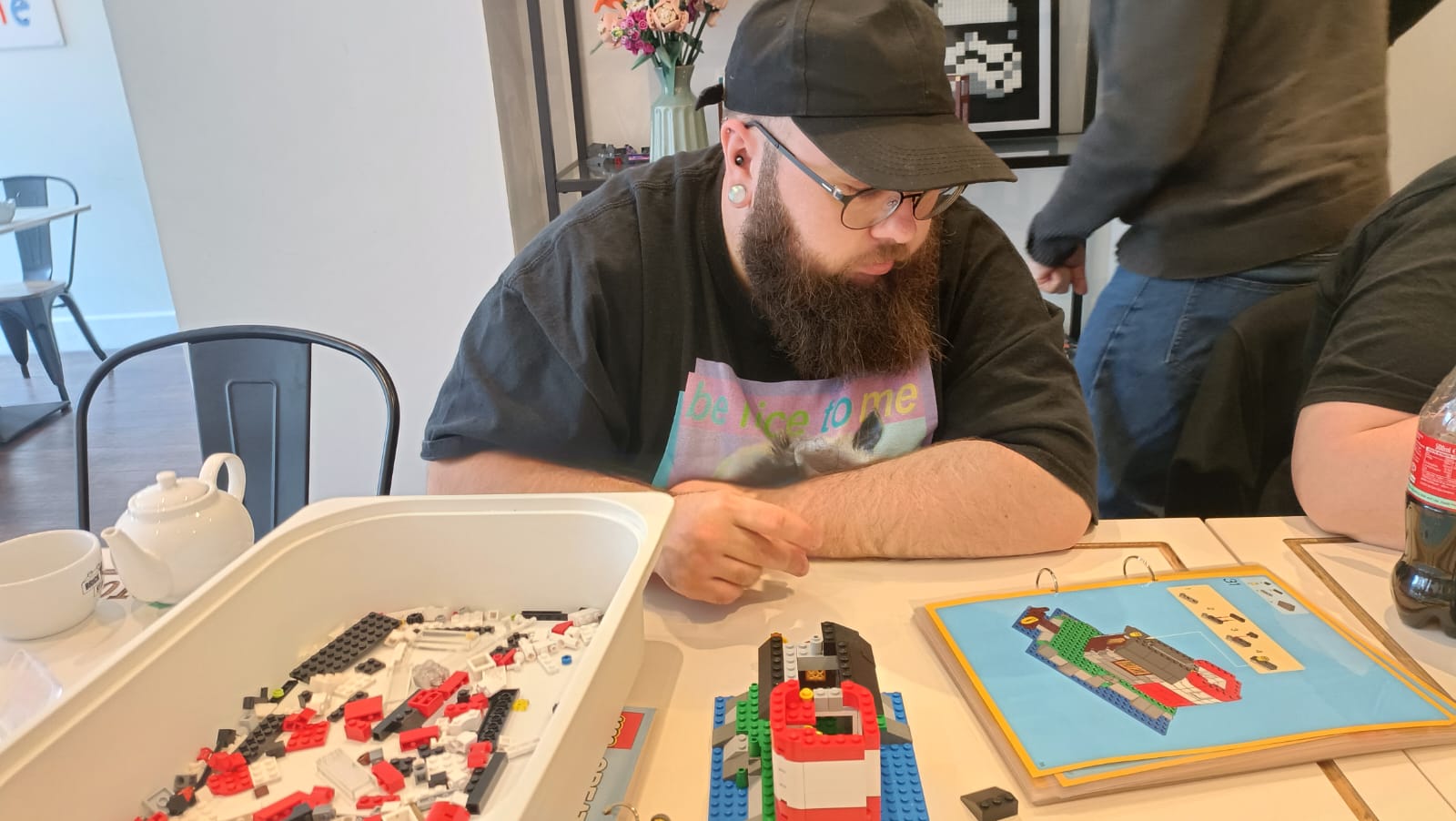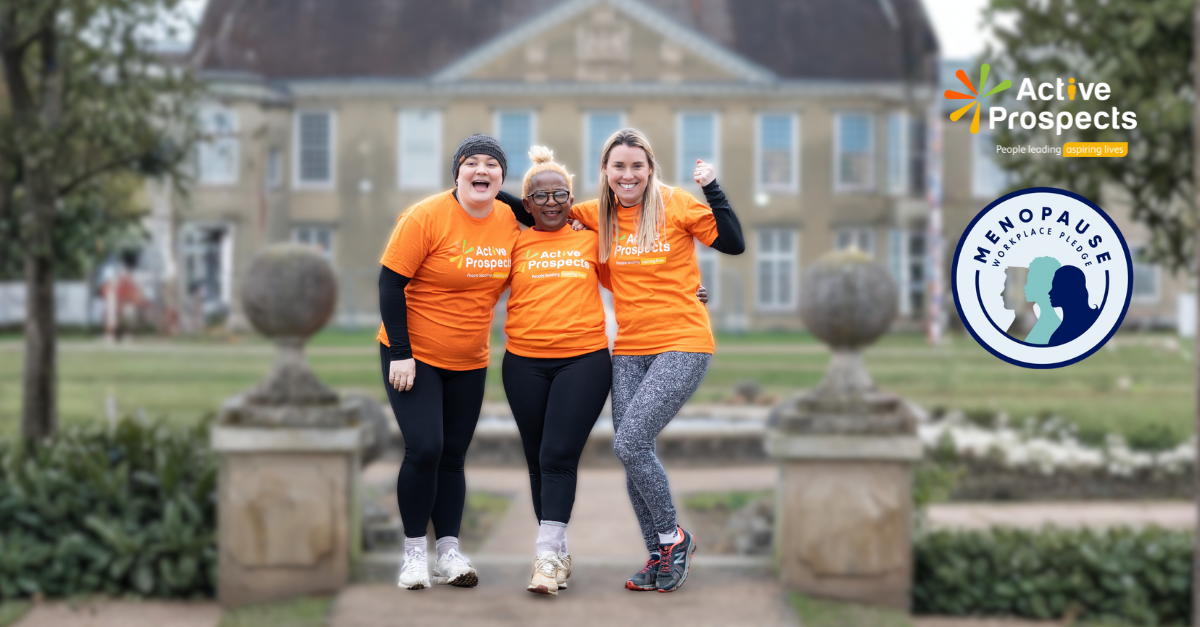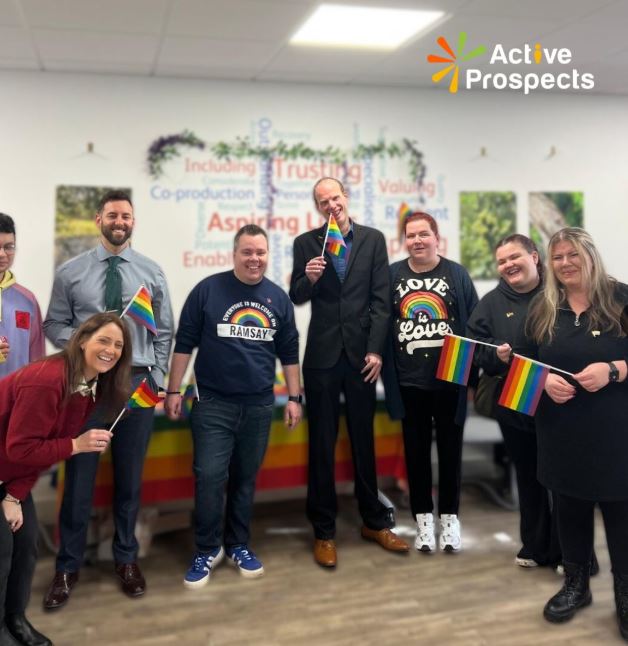What is it?
23rd September is Bi-visibility day, and it came about in 1999 when 3 bi activists from the US got together: “We were sitting around at one of the annual bi conventions, venting and someone – I think it was Gigi – said we should have a party. We all loved the great bisexual, Freddie Mercury. His birthday was in September, so why not Sept? We wanted a weekend day to ensure the most people would do something. Gigi’s birthday was Sept 23rd. It fell on a weekend day, so, poof! We had a day.”
What does the term bisexual really mean?
The word bisexual can have many different meanings for different people and can even be considered an umbrella term (bi+) to include many other orientations; sexually, romantically, or otherwise.
Inclusive Employers glossary states that the word ‘bisexual’ means:
“A person who feels sexual attraction to two or more genders. Bisexual can mean attracted to men and women in the binary view of gender. Bisexual can also mean being attracted to your own and other genders.”
Bisexuals in the past who were in same-gender relationships were expected to represent themselves as gay to support the liberation movement or were accused of having hetero-privilege being in an opposite-gender relationship and were often never fully accepted by the LGBTQ+ community.
The challenges faced by bisexual individuals
Those who identify as bisexual not only face homophobia from the heterosexual community but also bi-phobia and bi-erasure from both inside and outside the LGBTQ+ community.
Bi-phobia is fear, hatred, or discomfort of those who are sexually attracted to more than one gender.
Bi-erasure is the outright rejection that bisexuality exists. This can come from comments such as“it’s just a phase”, “they are undecided” or “they are being greedy”.
The impact of bi-phobia, bi-erasure and bi-invisibility often means, compared to those who identify as gay and/or lesbian, those who identify as bisexual are more likely to suffer from depression, self-harming and suicidal thoughts, as well as being less likely to be out to their friends and family or seek support from the LGBTQ+ community or their workplace (Stonewall, 2020).
Some of our colleagues have chosen to share their stories with you all.
My Story
I think that I realised I was attracted to women, as well as men when I was in my early 20s, but it wasn’t until I was in a relationship around the age of 23, when my boyfriend at the time suggested adding an extra element to our sex lives. We were very open with each other and joined groups online for swingers and met up together with couples and I knew that my attraction to women was genuine, and I enjoyed being with them sexually.
During this time in my mid-20s, I was contacted online by Melanie and her male partner, and they asked me if I would be interested in meeting up with them, without my boyfriend. This was the first time that I experienced a different type of bisexual relationship. I got to know them both well and saw her and them on a few occasions over the years.
Since those encounters, I identify as bisexual. I know in myself this is who I am, it still brings me out in a cold sweat ticking that box on a form when being asked about my sexuality. I wonder who might see it and who might judge me unfairly.
One roadblock that makes it hard to disclose my true sexuality is when you are seen married to a man. When I met him, I explained my sexuality to him, and he is accepting me as I am. Maybe I am lucky, but I do have a few friends who are like me, bi but married to someone of the opposite sex and I can talk to them if I have any troubles I want to discuss.
I do have a good number of friends that I have disclosed my true self to and although it has been a surprise at first, they have never been anything other than accepting. I guess I have been lucky that I haven’t had any discrimination like some of my bi friends or people asking do I “fancy all my friends?” type questions (the answer is no!), but I still don’t think that my parents or older relatives would understand, so I stay partially in the closet.
Angela’s tale
“My not sure if my experience of being Bi is a typical one or not as its not something I generally discuss. Since being a teenager I’ve always had feelings for both sexes, in fact, my first kiss was with a girl, but up until my 30’s, I always dated guys. Being heterosexual (or Straight), never really felt like the right label, although perhaps that was the problem, I have never liked the idea of being labelled, of having to fit into a metaphorical box just to satisfy the curiosity of others. When I eventually did date another woman, I quickly realized that there were no romantic feelings there, so whilst I am bisexual, my feelings for other women is just a sexual attraction, and I am romantically attracted to men. This is a real thing! I just never realized it until I watched a video online explaining the different variations of sexuality. There are loads of other people out there with varying attractions to people, who we ‘fancy’ is completely subjective, and being attracted to a specific gender, is no different to being attracted to someone with a darker complexion or blue eyes!”
How you can support bisexual colleagues in the workplace
Recognise that all identities are valid – if someone chooses to share their identity and what it means to them, accept, and respect them. Ask them to explain more, if they are happy to. Use the terminology they tell you and be respectful.
Terminology may differ for each person – they may use the same term but apply it differently. Also, language is always changing but how a person identifies can also change over time.
Do not make assumptions or speculate – Try to move away from the straight/gay notion of orientation and avoid jumping to conclusions. Speculating or gossiping about the orientation of another colleague can also lead to harassment claims under The Equality Act 2010.
Reflect of the language you use – could we be using more inclusive language such as spouse/partner rather than gendered terms? Could you be saying more inclusive phrases such as “I didn’t know you were also attracted to women/men” rather than “so are you gay now?”
Be aware of stereotypes and misconceptions – Bisexuals are not undecided, in the closet, promiscuous, greedy, experimenting, automatically polyamorous or attracted to everyone equally (unless they tell you they are!).
Give space – allow those from the bisexual community to share their experiences should they wish to.
Be an ally – By better understanding the struggle and oppression that others face, you are learning yourself and actively attempting to make a change, so this doesn’t happen. By supporting people in the workplace through allyship, you can work towards creating a safer space.



